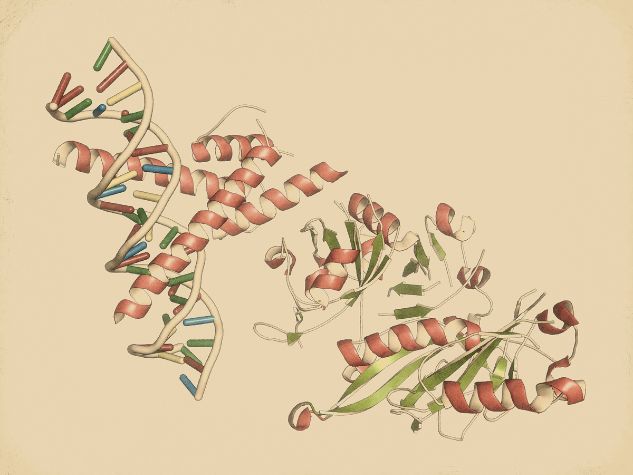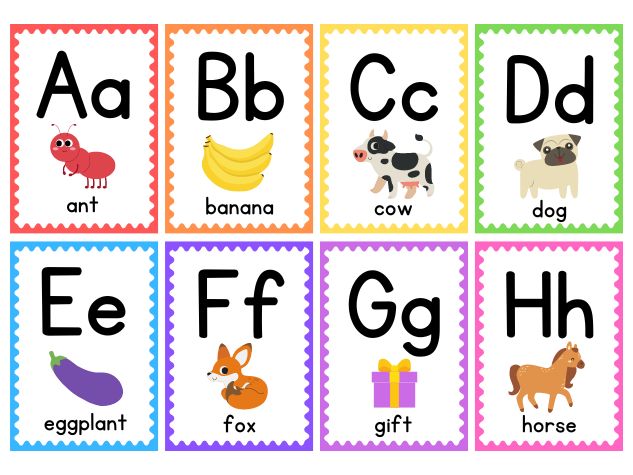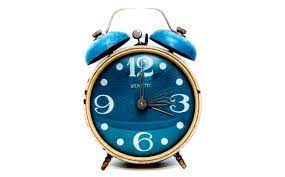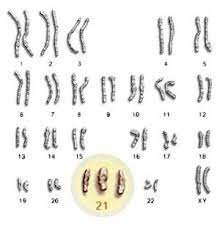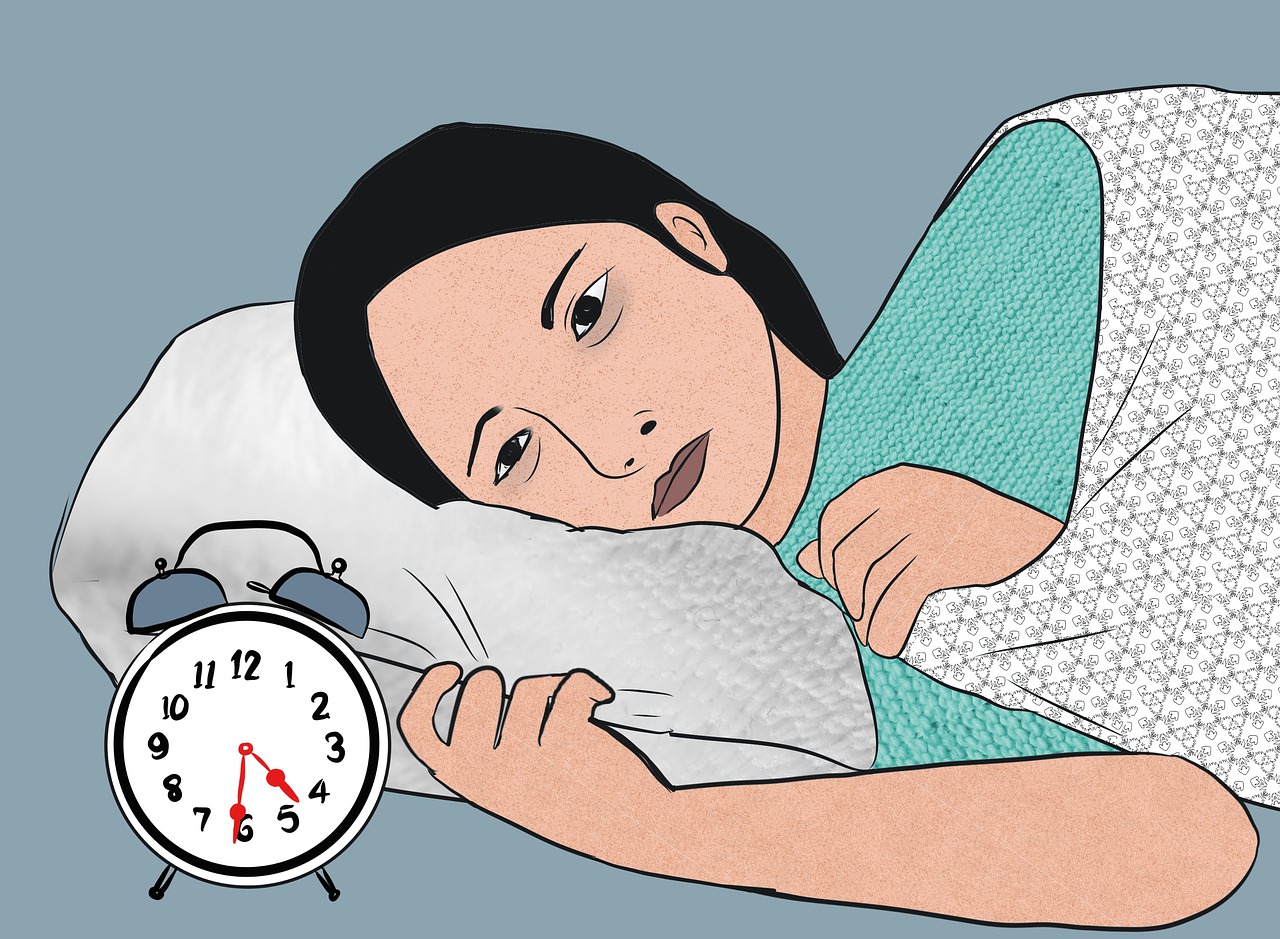The arrival of a new family member is always an exciting and hopeful moment. However, when a baby is born with Down syndrome, it is natural for parents to face a series of additional emotional and medical challenges. Among these challenges, congenital heart defects are one of the most common and significant concerns for both parents and healthcare professionals caring for these children.
Down syndrome, also known as trisomy 21, is a genetic condition caused by the presence of an extra chromosome in pair 21. This can lead to a variety of distinctive physical and cognitive characteristics, as well as an increased susceptibility to certain health conditions, including congenital heart anomalies.
What are Congenital Heart Defects?
Congenital heart defects are abnormalities in the structure of the heart that are present from birth. These defects can vary in severity, from minor anomalies that do not require treatment to more complex defects that can endanger life and require immediate medical intervention.
In children with Down syndrome, congenital heart defects are especially common. It is estimated that up to 50% of children with Down syndrome are born with some type of cardiac anomaly. This is partly due to the genetic association between Down syndrome and certain heart abnormalities, as well as other factors that are not yet fully understood.
Types of Congenital Heart Defects in Children with Down Syndrome
There are several types of congenital heart defects that can affect children with Down syndrome. Some of the most common cardiac anomalies associated with Down syndrome include:
- Ventricular Septal Defect (VSD): This is one of the most common congenital heart defects in children with Down syndrome. It occurs when there is a hole in the septum that separates the right and left ventricles of the heart, which can lead to the mixing of oxygenated and deoxygenated blood.
- Atrial Septal Defect (ASD): Similar to VSD, ASD involves a hole in the septum that separates the heart’s atria. This can cause similar blood mixing issues.
- Pulmonary Stenosis: This condition involves a narrowing of the pulmonary valve, making it difficult for blood to flow from the heart to the lungs for oxygenation.
- Tetralogy of Fallot: This is a combination of several heart defects, including a VSD, pulmonary stenosis, displacement of the aorta to the right, and enlargement of the right ventricle.
- Patent Ductus Arteriosus (PDA): Normally, the ductus arteriosus closes shortly after birth, but in some cases, it remains open. This can cause abnormal blood mixing between the pulmonary artery and the aorta.
These are just a few examples of the congenital heart defects that can affect children with Down syndrome. It is important to note that the severity of these defects can vary widely, from conditions that do not require intervention to anomalies that can be life-threatening and require immediate surgery.
Diagnosis and Treatment
The diagnosis of a congenital heart defect in a child with Down syndrome is often made shortly after birth, during routine screening tests or when the doctor hears an abnormal heart murmur during a physical examination. Once a cardiac anomaly is suspected, additional tests such as echocardiograms and electrocardiograms may be performed to confirm the diagnosis and assess the severity of the defect.
The treatment of congenital heart defects in children with Down syndrome varies depending on the nature and severity of the cardiac defect. In some cases, the condition can be corrected with surgery, while in other cases, it may require medication to control symptoms and improve cardiac function. In some cases, a multidisciplinary treatment approach may be necessary, involving pediatric cardiologists, cardiac surgeons, occupational therapists, and other healthcare professionals.
Advances in Treatment and Prognosis
Fortunately, in recent decades, there have been significant advances in the diagnosis and treatment of congenital heart defects, both in children with Down syndrome and in the general population. Advances in surgical techniques, such as minimally invasive cardiac surgery and open-heart surgery, have significantly improved survival rates and quality of life for children with congenital heart defects.
Additionally, prenatal screening programs have improved physicians’ ability to identify heart anomalies before birth, which may allow for early treatment and improved long-term outcomes. Advances in neonatal and pediatric healthcare have also contributed to better outcomes for children with Down syndrome and congenital heart defects.
In terms of prognosis, many children with Down syndrome and congenital heart defects can lead healthy and active lives with proper treatment and regular medical follow-up. However, it is important to note that the severity of congenital heart defects can vary considerably, and some children may require ongoing medical care throughout their lives.
Support for Families
Facing the diagnosis of a congenital heart defect in a child with Down syndrome can be overwhelming for parents and families. It is important for families to receive adequate support, both emotionally and practically, during this difficult time. This may include access to parent support groups, educational resources about their child’s condition, and coordination of necessary medical and therapeutic care.
It is also important for families to educate themselves about their child’s condition and empower themselves to be effective advocates for their medical and emotional needs. Working closely with their child’s medical team can help ensure that they receive the best possible care and have the best opportunities to thrive.
In conclusion, congenital heart defects are a common concern in children with Down syndrome, but with early diagnosis, proper treatment, and ongoing support, many children can lead healthy and productive lives. Advances in healthcare have significantly improved the prognosis for these children, but it is essential for families to have access to the support and resources they need to address the challenges that may arise. With love, care, and commitment, children with Down syndrome and congenital heart defects can reach their full potential and live fulfilling lives.




